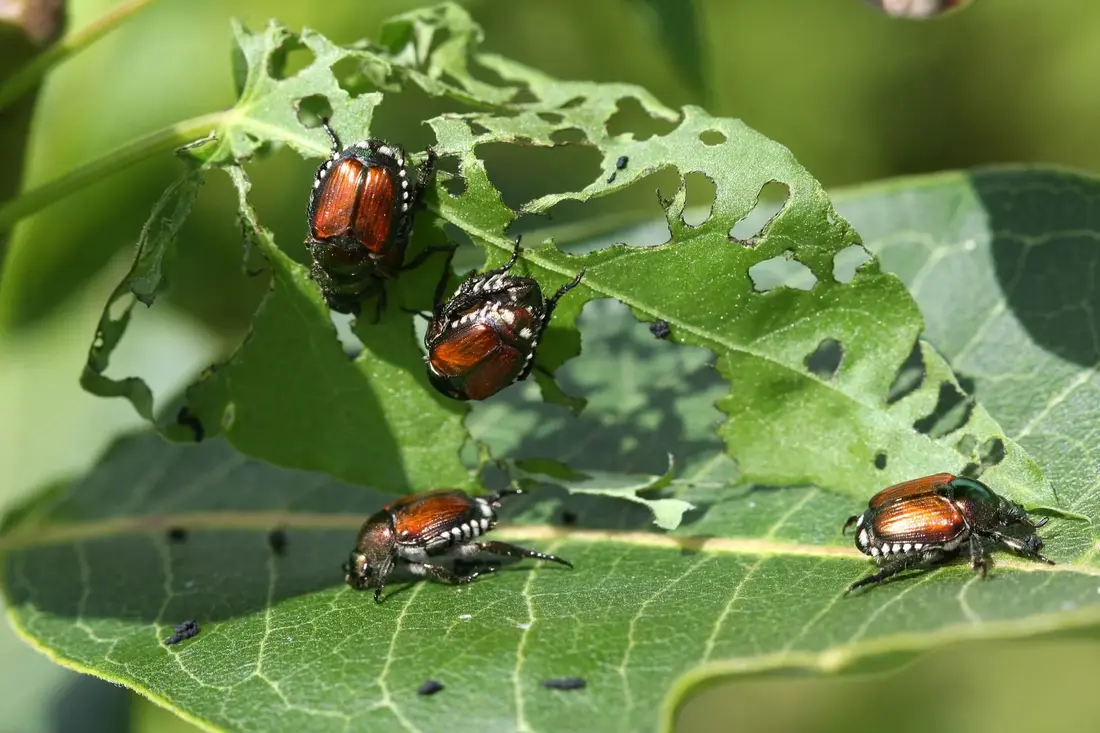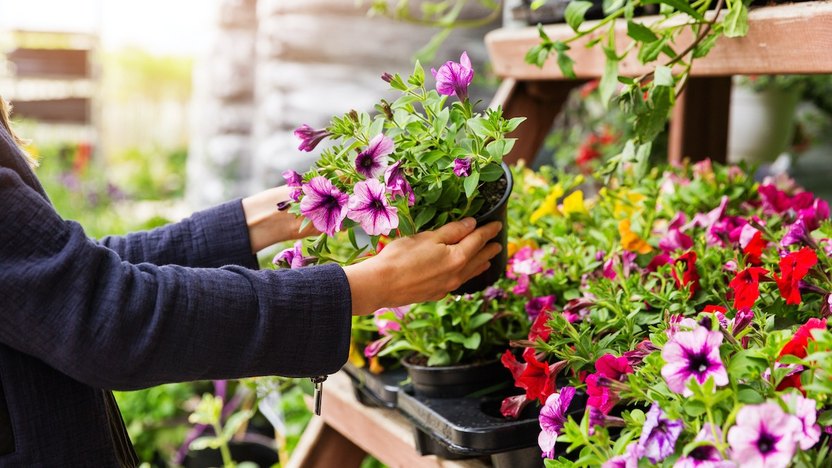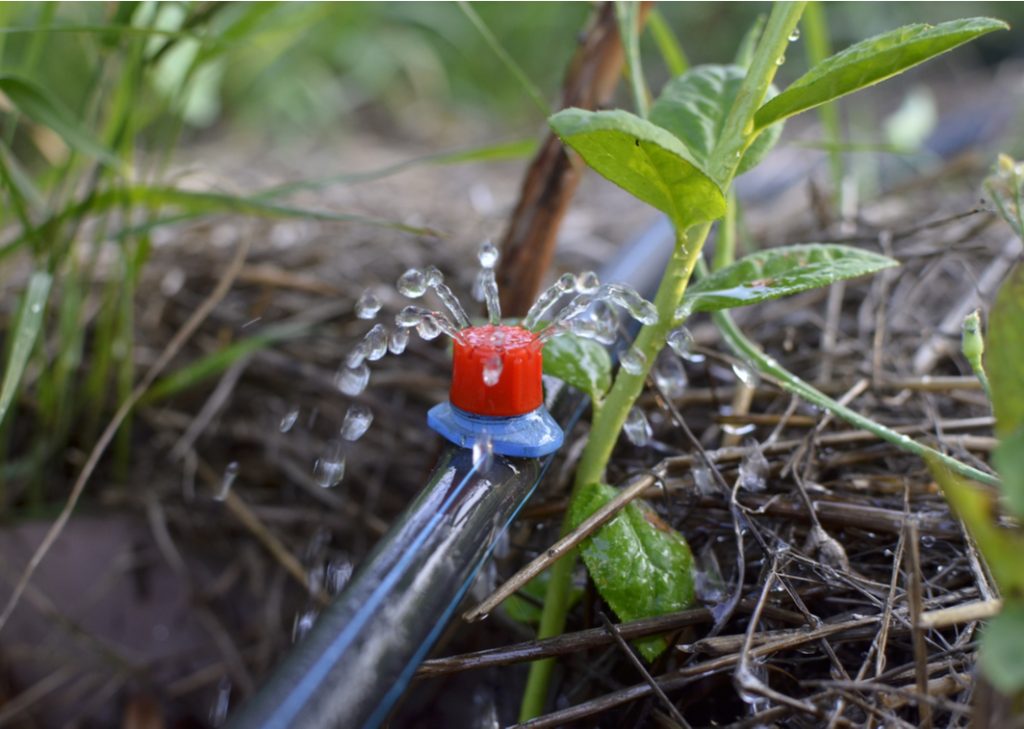Creating and maintaining a beautiful garden without the use of harmful chemicals brings a sense of fulfillment. It provides healthier surroundings for your plants, as well as your family and the wider environment. Natural pest control is effective in combating pests without the use of chemical substances, as it supports biodiversity and a healthy ecosystem. This guide is for you whether you are an experienced gardener or an enthusiast, as learning to harness the tools of nature can elevate your experience. In this guide, I’ll discuss how you can get rid of pests in your garden without the use of unhealthy and unnatural substances for pest control through a holistic approach. Your garden will become a vibrant place full of life and spirit.
Improving the health of your garden is as easy as learning how to create a barrier against pests while practicing chemical abstinence. From building a shelter for good insects to making your pesticides, natural pest control increases balance and sustainability. These simple yet effective guidelines for chemical avoidance will heighten the health of your garden. Stepwise, I’ll show you how to make a beautiful oasis that welcomes wildlife and is easy on the eyes.
Beneficial Insects and Their Uses:
Insects that serve control purposes are called beneficial insects. As tiny allies, these insects keep the harmful pest population in check while maintaining the health of your garden. Examples include lady beetles, green lacewings, ground beetles, and hoverflies. For instance, lady beetles are known as aphid-munching superheroes and ground beetles eat caterpillars and slugs at night. Aside from pest control, hoverflies act as pollen vectors, facilitating the production of fruits and flowers.
To attract beneficial insects, you can plant flowers such as daisies, marigolds, and dill. Never use pesticides since they eliminate both the nuisances and the beneficial insects that are trying to save your plants. By transforming your garden into an appealing habitat for natural predators, you create a self-sustaining, balanced ecosystem.
Companion Planting:
Companion planting is an important tactic deployed in gardening, whereby plants are cultivated together to ward off pests and enhance the health of the plants. Some crops like marigolds, garlic, and basil can ward off many damaging insects, while others like nasturtiums attract insects, thereby protecting your valuable vegetables. For example, marigolds planted next to tomatoes can show some protection from nematodes and whiteflies. When interplanted with roses, garlic repels aphids and some fungal diseases while increasing the scent of the roses.
Also, planting companion species that attract other animals, such as pollinators and predators, can further enhance the effectiveness of companion planting. This saves time and effort and increases the health of the entire garden system. Each crop in this combination planting assists in pest avoidance, increasing growth, and bringing in useful insects. This is an excellent demonstration of the balance of nature.
Natural Sprays and Solutions:
Homemade natural sprays are great for repelling pests for those who do not want to use chemicals for pest control. A simple garlic spray, for example, can get rid of aphids, spider mites, and whiteflies. All you have to do is blend a few cloves with some water, strain it, and dilute it further before putting it in a spray bottle. Then, you spray the plants that are infested.
Spraying soap has also become popular; combining one teaspoon of soap with a liter of water is effective against mealy bugs and aphids. You can purchase biodegradable soap and make your soap spray; it works great against soft-bodied pests. Neem oil is another amazing natural pest control. It is an effective United States pest control method because it interferes with the pest’s ability to feed and reproduce. Treating your plants with any of these methods can do wonders, but the instructions need to be followed properly to prevent harming your plants. Gardening can become an easy task with these self-made methods, as these will help you take care of your garden without any hassle.
Physical Barriers:
If you want an easy approach to help keep pests out there, physical barriers are the best way to go. By covering your plants from pests, the need to use pesticides and other chemicals becomes redundant. Covering rows with netting and collars cut out of old plastic bottles are great examples. Water and sunlight get through while the plants are kept safe from birds, caterpillars, your cabbage worms, and even some Permethrin-resistant insects.
It is very important to strategically and appropriately position barriers. Do not forget to fasten row covers as well as the need to avoid overheating the plants by ensuring there is sufficient air circulation. Another useful method is applying mulch to the soil to form a physical barrier that protects the plants against slugs and snails. These techniques ensure that your garden is well protected from intruders.
Inviting Natural Enemies:
One of the easiest ways to enhance the protection in your garden is to attract other predators. Naturally, birds, frogs, and even hedgehogs help manage the population of pests. For instance, birds feast on caterpillars and slugs while frogs consume the bothersome pests beneath them. To support these useful animals, it’s important to set up places for them to drink and nest. Birdhouses and small ponds or even shallow bowls with water can be very effective.
Sunflowers, coneflowers, and black-eyed Susans are fantastic plants for attracting predatory species to your garden. These plants also attract birds and other beneficial animals that help control pests. Be sure to remove dangerous pesticides and herbicides from your garden, as those may unintentionally harm your new friends. With an adequate variety of plants and habitats, your garden will prosper as a balanced ecosystem full of life and development.
Controlling Pests Using Biodiversity Strategies:
The ease of controlling pests from a biological standpoint goes beyond its synergetic efficiency with nature. A garden devoid of these harsh substances is much safer for the planet and your family, and even more convenient in the future. By adopting these natural pest management techniques, you are not just defending your plants but also nurturing an environment that fosters growth and enhances biodiversity.
Spend some time considering how helpful insects, companion planting, organic sprays, physical barriers, and predatory animals can enhance your gardening functions. Each tiny step you take towards natural pest control makes a big difference to the well-being of your plants and the earth. Join this fulfilling process and reap the benefits of a more balanced garden, one that thrives in its environment.
FAQs:
1. What are some ways to get rid of aphids naturally?
To control aphid populations, one can use garlic spray or soapy water. Planting mint or marigolds as companion crops will also help to deter that pest.
2. How can I get ladybugs to come to my garden to use pest control?
The flowers, daisies, calendula, and dill will bring ladybugs to your garden. Do not use pesticides that are harmful to them, and plant other flowers to attract these beneficial insects.
3. Do coffee grounds work as a natural pest repellent?
Coffee grounds are used in the garden as an organic way to deter ants, slugs, and other pests. Sprinkle them around the plants or mix them into the soil.
4. When is the best time to use natural sprays in the garden?
The best time to apply natural sprays is during the early morning or evening since they avoid the heat of the sun to reduce the risk of evaporation, in turn preventing damage to the treated plants.
5. Do some plants help in repelling mosquitoes?
Citronella, lavender, marigold, and basil are common plants that serve as natural repellents for mosquitoes and can be placed around the garden or patio to offer extra protection from pests.




